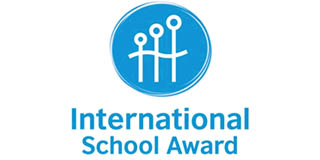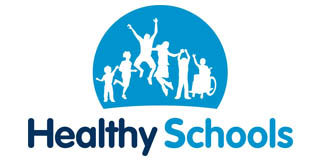Digital Resilience
Keeping your child safe online is something Holmwood School are keen to promote and this need to keep them safe online exists beyond the school day as the risks of going online grow daily not just in relation to the risk of people whom pose a risk to children sexually but also the risk of radicalisation.
We aim that our pupils are:
- Safe from maltreatment, neglect, violence and sexual exploitation
- Safe from accidental injury and death
- Safe from bullying and discrimination
- Safe from crime and anti-social behaviour in and out of school
- Secure, stable and cared for.
Much of these aims apply equally to the ‘virtual world’ that children and young people will encounter whenever they use computing in its various forms. For example, we know that the internet has been used for grooming children and young people with the ultimate aim of exploiting them sexually; we know that computing can offer new weapons for bullies, who may torment their victims via websites or text messages; and we know that children and young people have been exposed to inappropriate content when online, which can sometimes lead to their involvement in crime and anti-social behaviour.
It is the duty of the school to ensure that every child in their care is safe, and the same principles should apply to the ‘virtual’ or digital world as would be applied to the school’s physical buildings.
This Policy document is drawn up to protect all parties – the students, the staff and the school and aims to provide clear advice and guidance on how to minimise risks and how to deal with any infringements.
Keeping Children Safe in Education 2019
Annex C
The use of technology has become a significant component of many safeguarding issues. Child sexual exploitation; radicalisation; sexual predation: technology often provides the platform that facilitates harm. An effective approach to online safety empowers a school or college to protect and educate the whole school or college community in their use of technology and establishes mechanisms to identify, intervene in, and escalate any incident where appropriate.
The breadth of issues classified within online safety is considerable, but can be categorised into three areas of risk:
• Content: being exposed to illegal, inappropriate or harmful material; for example pornography, fake news, racist or radical and extremist views;
• Contact: being subjected to harmful online interaction with other users; for example commercial advertising as well as adults posing as children or young adults; and
• Conduct: personal online behaviour that increases the likelihood of, or causes, harm; for example making, sending and receiving explicit images, or online bullying.
Age Restrictions on Facebook
How do I report a child under the age of 13?
Facebook requires individuals to be at least 13 years old before they can create an account. In some jurisdictions, the age limit may be higher. Providing false information to create an account is always a violation of their Statement of Rights and Responsibilities. This includes accounts registered on the behalf of under 13 year old children by older parties.
If you would like to report an account registered for an underage child to us. We will promptly delete the account of any child under the age of 13 that is reported to us.
To help parents help their children become more resilience online we recommend parents initially taking a look at the following links below:
- https://www.internetmatters.org an online product designed to raise parents awareness about the risks online from radicalisation
- https://www.saferinternet.org.uk/advice-centre/parents-and-carers Useful resource for parents and carers about keeping your child safe online
- https://educateagainsthate.com/parents/ a great starting point for specific information about questions you as parents may have about the risk of radicalisation
- http://www.childnet.com/resources/supporting-young-people-online
- https://www.thinkuknow.co.uk/
- http://www.kidsmart.org.uk/
If you have concerns about a young person or vulnerable adult at risk of radicalisation you can notify the designated safeguarding lead at the school or contact Middlesbrough Councils safeguarding team on (01642) 726004, the purpose of PREVENT is to safeguard vulnerable people from the risk of being exploited by extremists.
Other useful resources you may wish to use include:
- Middlesbrough Council’s Prevent resources
- Let’s Talk About It: help and guidance for the public in order to stop people becoming terrorists or supporting terrorism
- FAST: Where to find help if you’re worried your child is at risk of radicalisation
Holmwood School and parents want to work together to keep our communities and young people safe in our communities.








